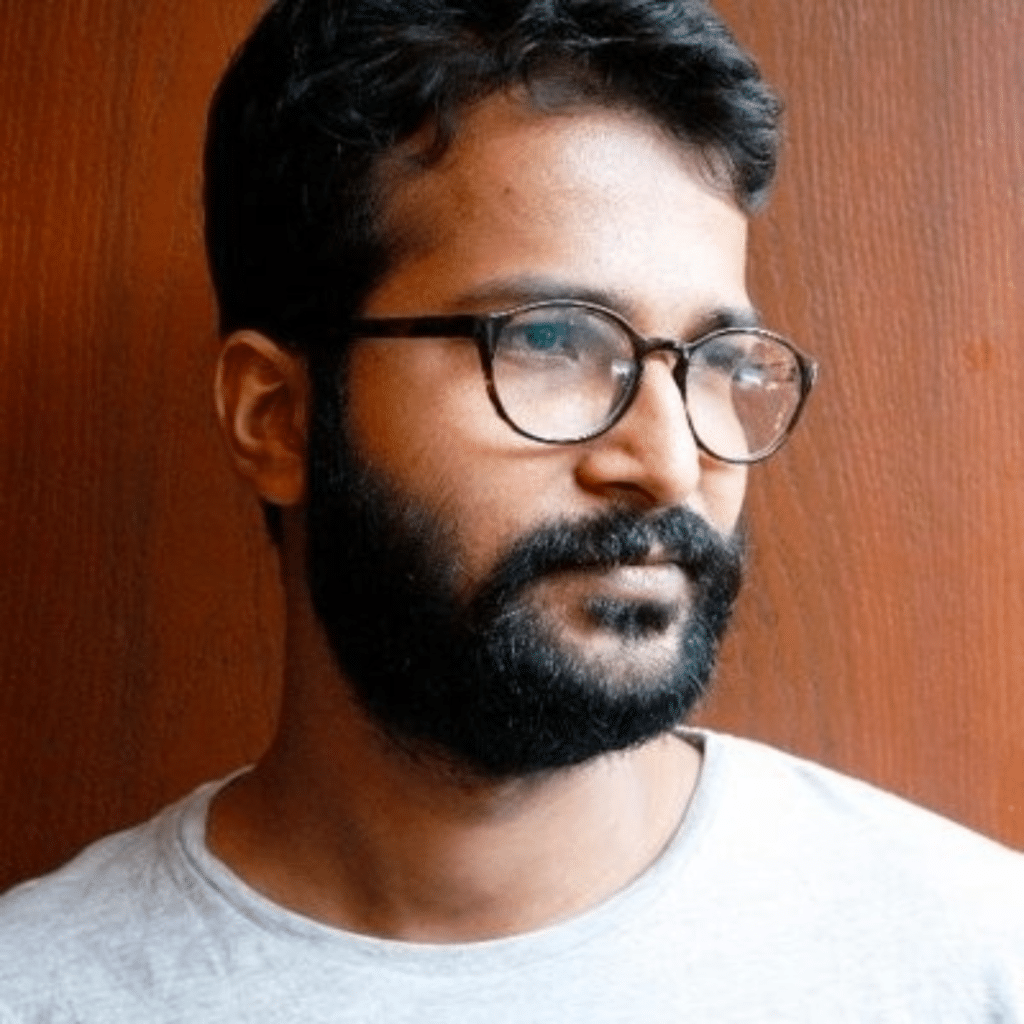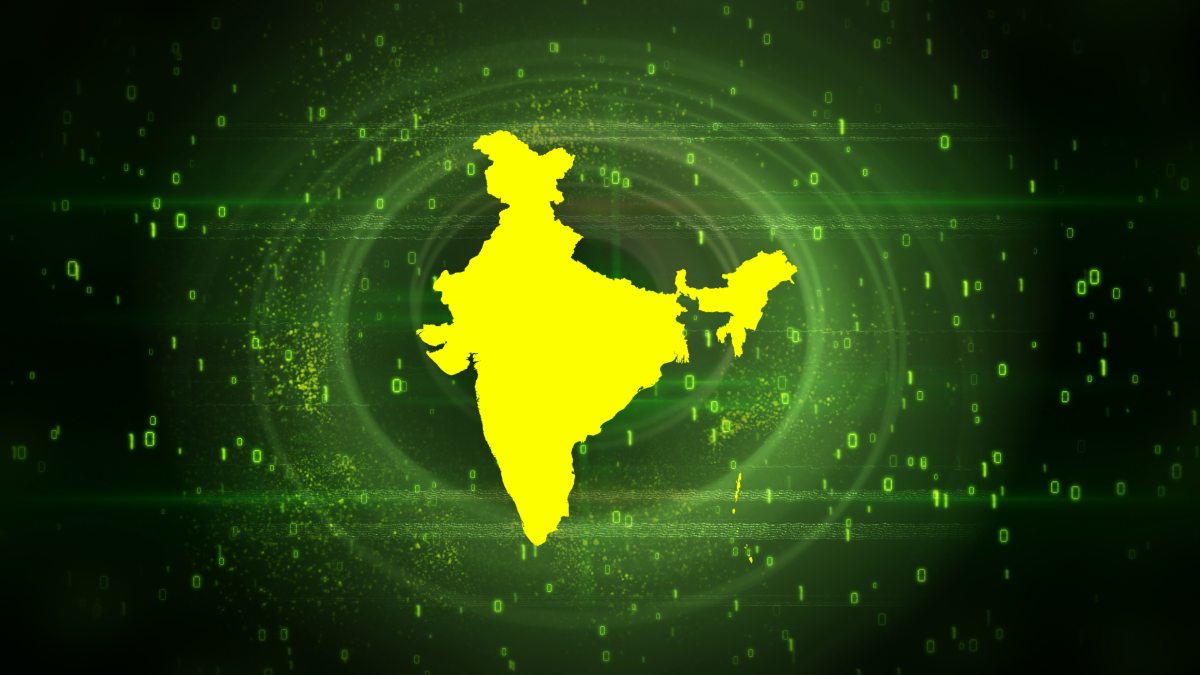Tensions Between Privacy and Transparency Re-emerge in India’s Electoral Regulations
Amber Sinha / Oct 6, 2025Amber Sinha is a contributing editor at Tech Policy Press.
Despite ongoing litigation, political campaigns, critical commentary, and the mobilization of public opinion, the Modi government's exercise to “clean” the voter rolls in India is underway. As a first step towards this, the Election Commission of India (ECI) concluded its “Special Intensive Revision” (SIR) process in the state of Bihar last week. Bihar goes to the polls for its state assembly elections in November.
Under this initiative, every voter enrolled in Bihar since 2003 (when the last SIR was conducted) was compelled to re-register and verify their voting eligibility within a strict one-month deadline, an administrative mandate that threatened to bar many eligible citizens from voting in the state. Following the SIR, the number of registered voters in Bihar dropped from 78.9 million to 74.2 million, a reduction of 6%. Notably, this decrease is more acute when it comes to women, whose ratio dropped from 914 per 1,000 male voters to 892.
A petition remains pending before the Supreme Court, but the matter has been deferred as the court has so far chosen to agree, at least partly, with the ECI’s insistence that the issue could not be judged fairly until the process was completed. Now, with the SIR in Bihar complete, the court will hopefully proceed with full judicial scrutiny, as this case has implications not only for the Bihar elections but also for the rest of the country, as the ECI intends to undertake this exercise incrementally in each state.
Understanding the privacy-transparency dichotomy in India’s electoral rules
The regulation of electoral data poses regulatory challenges that emerge, on the one hand, from transparency needs inherent to the work of election management bodies to build and preserve public trust, and on the other hand, from privacy needs, such as to ensure data minimization in the collection and processing of personal information. For the most part, these two rights complement each other in holding governments accountable to individuals. But there are potential conflicts between these rights when there is a demand for access to personal information held by government bodies, or transparency requirements of institutions (both public and private) are seen as infringing on the privacy rights of specific individuals. These two ostensibly competing public interest values can often be resolved by meaningfully considering their broader objectives. However, this seeming conflict plays to the advantage of public actors that seek to avoid scrutiny by disingenuously and selectively positioning these values in opposition to each other, which leads to a dilution of both.
Earlier this year, the ECI announced that it would webcast activities at all polling stations in the Bihar state elections in November, up from its usual coverage of 50%. Rahu Gandhi, the leader of the opposition party, had asked for the webcasts to be shared, but this request has been denied by the agency, citing privacy concerns. In December 2024, the Modi government amended Rule 93 of the Conduct of Election Rules, 1961, to limit public access to certain electronic documents. This includes CCTV and webcasting footage from polling booths. In June, a further change was made, reducing the duration for storage of the CCTV data from one year to 45 days. The ECI justifies this by claiming the footage could fuel 'misleading narratives' of voter fraud. This policy marks a significant departure from the ECI's prior stance, where it allowed full scrutiny of information, using its institutional credibility to dismiss unproven claims.
These new rules need to be seen in their recent historical context. In 2023, the Modi government enacted the Chief Election Commissioner and Other Election Commissioners Act, which grants the primary control over the appointment of Election Commissioners to the executive. This new law established a selection committee composed of the Prime Minister, a Union Cabinet Member, and the Leader of the Opposition (LoP). This composition gives the government a 2:1 majority, effectively enabling it to make appointments unilaterally. This legislative move directly contradicted a 2023 Supreme Court ruling, which had proposed an independent appointment process involving the Prime Minister, the LoP, and the Chief Justice of India.
Another reason to doubt that the ECI’s motivations are rooted in the need to protect the privacy of citizens is the overall state of electoral data in India. The Election Commission maintains electoral rolls for each district and, more importantly, for each polling booth. These are public databases which include details about voter names, age, gender, the father or husband of the voter’s name, address information, the voter's photo identity card number, and, in some cases, also their photograph. This can easily lead to inferring information about caste and religion, and profiling of a number of voters residing at a particular address and their demographic makeup. It is worth noting that this is all legally available public data, which can be mined by anyone.
The ECI has made barely any efforts to revisit the operation of these analog-era rules, despite the new privacy and political profiling risks emerging from the availability of digitized, searchable, and standardized databases to political operatives who intend to micro-target voters. No action has been taken to ensure that data protection rules that do not compromise transparency can be implemented. Meanwhile, the Reporters Collective recently reported that past investigations have shown that the ECI has shared voter data, including photographs, with the Telangana state government and private companies contracted by it. Reform is necessary, but this government may not be motivated to pursue it.
Authors

